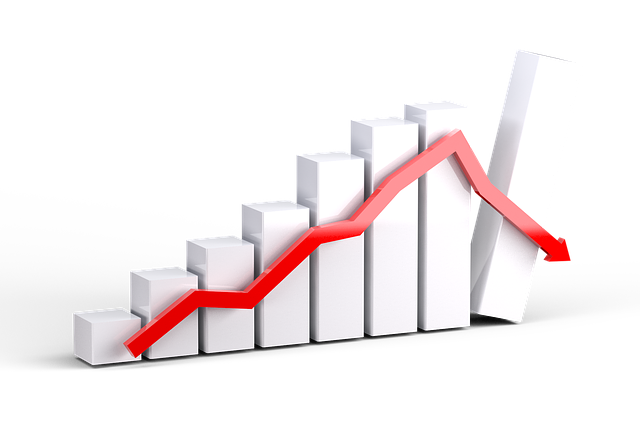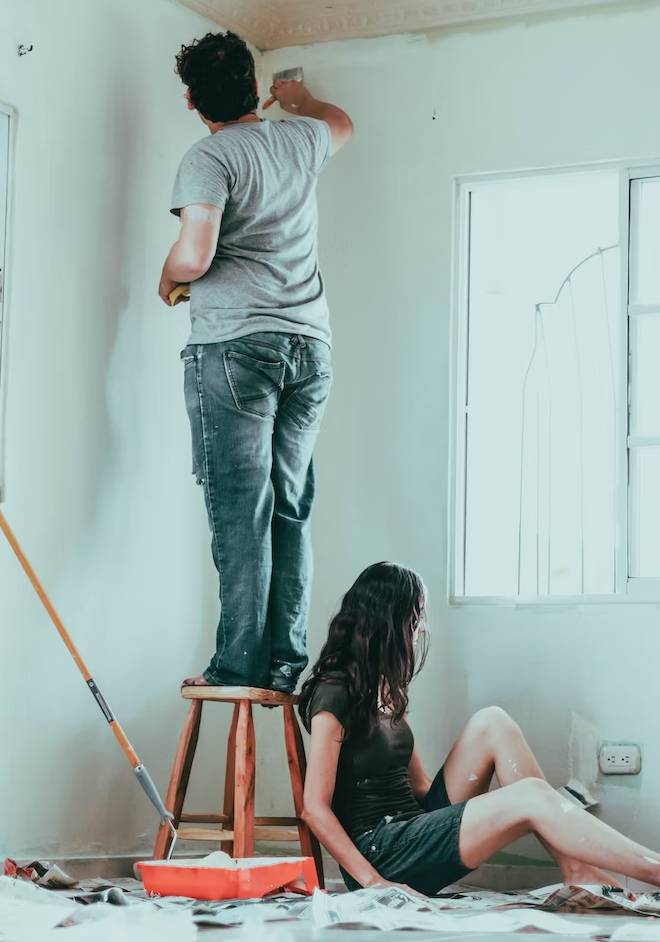
Seattle, WA
When the economy plunges into a recession, which is inevitable because the economy cycles every decade, there will be all kinds of financial repercussions. Stocks prices will drop, companies will declare bankruptcy and people will lose their jobs. Many homeowners will have trouble making their mortgage payments and some may feel they have no choice but to sell. As more homes come on the market with fewer qualified buyers, it becomes a buyers’ market. Even if prices remain stable, homes will sit on the market much longer before selling.
Forecasters are predicting that a recession could occur next year, but if things suddenly took a turn for the worse, we could be hit much sooner. The housing market is unlikely to be what starts the recession, but rather a global weakening of the economy as a result of the trade wars. Home prices may not go down across the nation but could plunge in some regions of the country. The result would be that those who bought their home at the top of the market, could suddenly be underwater, meaning they owe more on their mortgage than their home is even worth.

Form a Backup Plan
If you are at risk of falling on hard times, you need a backup plan, so you aren’t forced to sell your home and thus losing your equity. For example, homeowners who sold their home in 2011 in the midst of the last recession, at the median price of $195,000, threw away $125,000 in equity. Now that the economy has recovered, their home could sell for $320,000.
To avoid having to take a loss when you sell your house, you could increase your income by renting out your house. You could find a long-term tenant for your entire house or a series of short-term tenants by listing your home on Airbnb if the zoning regulations in your area permit it. If you rented out your entire house, you’d need to find another place to live. You would need to find a rental costing less than you’re renting your house out for so you could make your mortgage payments and make a little extra cash.
If you need to relocate to a less affluent city for a job or other reasons, it would make sense to delay the sale of your higher priced home until the market returns. A 5% rise in prices would make you more on a $450,000 house than it would make you on a $250,000 house. It would be smart to wait until housing prices recover before listing your more expensive house for sale.
Furthermore, while renting your house out many of your expenses may be tax deductible. These might be homeowner’s insurance, HOA dues, fees for property management, and cleaning costs. This would lower your tax bill on rental income and when you ultimately sell your home.

It took a full decade for home values to recover after our last recession, but hopefully the next one won’t impact home values as much. One advantage you have from renting your house out would be that should you sell your home before prices totally recover you could perhaps deduct your losses through the Rental Real Estate Loss Allowance.
If you decide that renting your home out is your best option for a backup plan, you need to plan ahead. If you’re moving out of the area you may need a reputable property manager to handle your rental. If you plan on renting in the new location, you should save up enough money for 2-month’s rent plus a security deposit.


Jan 24,2025

Nov 27,2022

Nov 20,2022
